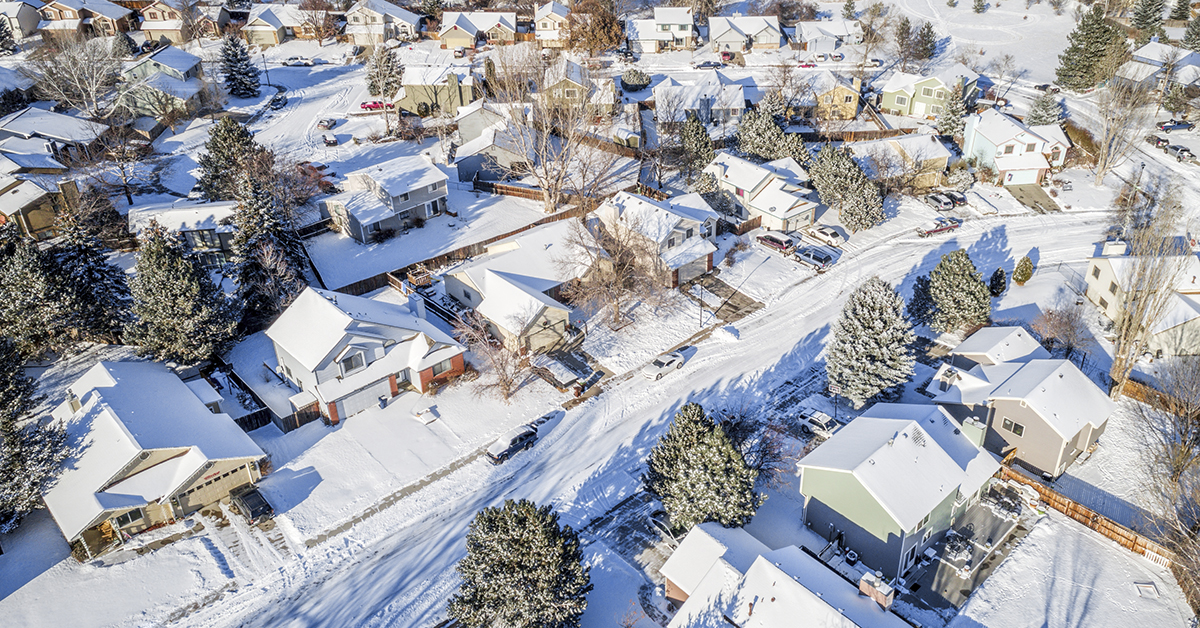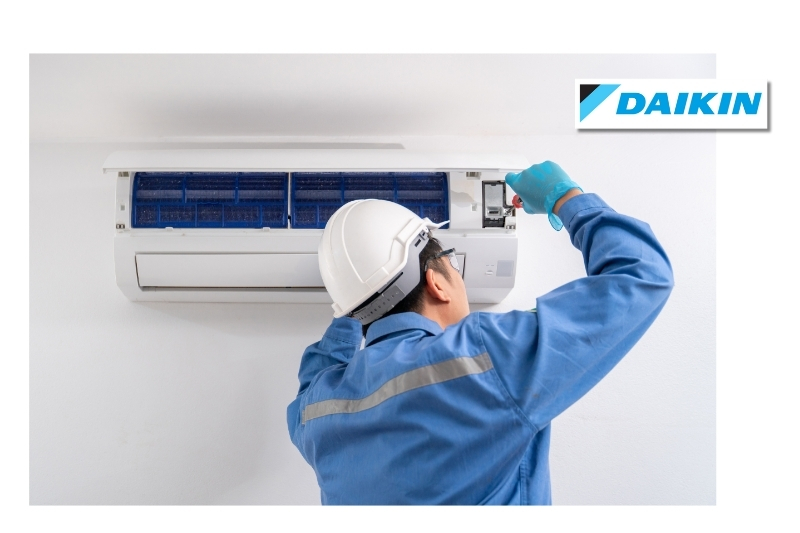How to winterize your home

When temperatures start to drop and the days become shorter, we know that it’s time to get out our coats and gloves. But is your home ready to face all the bad weather the winter months have in store for us? This is an ideal time to check your heating system and your ventilation system and to make sure that your doors and windows are properly sealed. You can also take advantage of the opportunity to check the relative humidity in your home and replace the batteries in your smoke detectors.
Heat-loss assessment
How can you prevent your heating bill from increasing at the same rate as your electricity bill? Make sure that the doors and windows of your home are weathertight this winter by using your hands to check for any drafts around the perimeters. If you feel any cold air currents, it’s important to inspect the condition of your weather-stripping. If necessary, ask an expert to perform a blower door test to help you save money on your electricity bill. According to Natural Resources Canada, doors and windows are responsible for 25 percent of heat loss in a home. That’s why it’s so important to check them thoroughly.
Checking your heating and air conditioning systems before winter
As soon as the first cool days arrive, it’s necessary to clean your home’s electric baseboards to prevent bad odors, as they’ve probably accumulated some dust over the summer, which will become heated the first few times you use them. Cleaning them with the vacuum cleaner will do the trick.
To get the winter season off to a good start, it’s also wise to check and service your central heating system or central heat pump. You certainly won’t want these systems to break down during the time of year when you need them the most! Having your central heating and ventilation ducts inspected and cleaned by experts will help prevent the accumulation of dust and detect the presence of any pests. While they’re at it, ask them to check your heating appliances to make sure they’re working correctly and to remind you how to use them optimally during the winter.
Clean the filter on your air exchanger or any other ventilation system, as well as the filter on your wall-mounted heat pump. If the filters are washable, it’s recommendable to clean them every three months. Certain equipment uses disposable filters, which you must replace periodically. An expert in the field can change them or tell you the steps you need to follow to change them yourself.
Winterizing your home: small actions that make a big difference
Replace your old thermostats with electronic or smart models. Old-fashioned thermostats work mechanically: they activate the baseboard heaters at full capacity until the temperature reaches the desired level and then turn them off, turning them back on again once the temperature goes down. The result? A lot of temperature fluctuations and a lot of wasted energy. When you purchase a smart thermostat, it will activate the baseboard heaters more often but for shorter periods, thus reducing temperature variations, keeping the room warmer and lowering your electricity bills. What’s more, smart thermostats are programmable, enabling you to set the temperature lower at night or when you aren’t home, thus saving you even more money.
You can also take advantage of the change in seasons to check your smoke and carbon monoxide detectors.
Keep an eye on relative humidity
Poor insulation and insufficient circulation in the home are the most common causes of microclimates, i.e. differences in temperature from one room to another. These differences cause the water in the air to condense, and this condensation then accumulates on your walls and windows. The result? The appearance of mold and mildew. That’s why it’s essential to properly winterize your home and keep an eye on your relative humidity levels, which should be around 45 percent during the cold season. You should also set all of the rooms to a uniform temperature.
Did you know that a heat pump in combination with an electric baseboard system is the most cost-effective heating configuration for your home? Contact one of the representatives at GestionAir for more details.
















